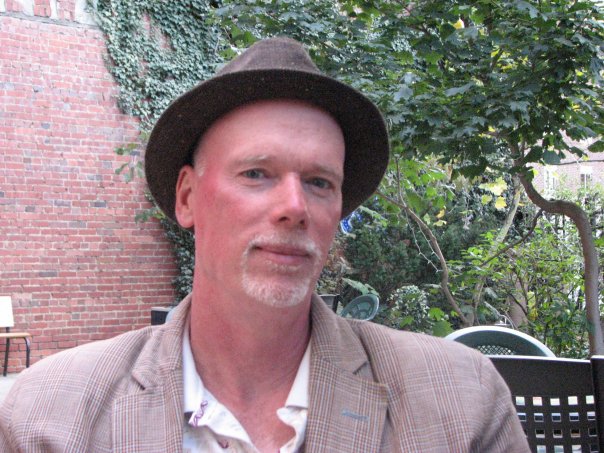A blurb on the back cover of professor-publisher-poet Philip Brady’s new book, Phantom Signs: The Muse in Universe City (Knoxville: University of Tennessee Press, 2019) describes it as a “high-spirited flash memoir.” This phrase could lead innocent readers to anticipate juicy tales of the author’s life as an American variety of Kingsley Amis’s Lucky Jim, a farouche academic who will take us on a frisky ride through the postmodern cultural landscape where we’ll encounter eccentric editors and nasty provosts (Brady’s particular bogeymen), attend poetry readings, ponder manuscripts and blurbs, get tutored in small press publication, pedagogical conundrums, and literary politics, all of this reamed with apercus about the miseries of social media and technology, remembrances of youthful erotic escapades, and punctuated by mildly astringent appraisals of poets past and present—Homer, Yeats, and H. L. Hix are the book’s tutelary spirits—as well as comical portraits of fellow litterateurs and beloved family members, the whole shebang battened together by droll wit and admirable forbearance. Brady’s dazzling new memoir (he wrote an earlier, more conventional one, To Prove My Blood, 2004), is all of these things, but it is the dream-like manner that he employs for the majority of the volume’s essays that transforms the volume into something rich and strange.
